Photography can be an expensive hobby, gone for most of us are the days of spending money on film and processing but it seems accessories and core components are always on our wish lists. Photography is really one of those hobbies where you don't need to spend a lot to get great results, but you do get what you pay for. Here are some tips to help budget your photography so you don't end up in the deep end.
Don't buy on release day. When new DSLR bodies are released, there is always a huge hype that goes around with them and everyone is scampering to buy one. If you can wait as little as 90-120 days after the release you could save as much as 15%.
Buy used. This is one you really need to be careful of and can be a whole article on its own. When new bodies are released, a lot of photographers sell their previous generation bodies at deep discounts. For example, when the 5dmkII was released, the first generation 5d's started to show up used on forums for as little as $1500. 30 days after release the price slid to $1300 with a grip included. Keep in mind the original 5d was $3300 new and the grip was an additional $250.
Chances are good it will be out of warranty though and buying used always means you take a risk, but you could be saving 50-70% off. Likewise, lenses are usually OK to buy used, either from reputable companies or local camera shops, and some Internet forums. A good, quality lens should last you for years and years, provided it's well maintained.
Be realistic. Just because something is the most expensive doesn't mean it's the best, for you. If, for example, you're shooting your kids soccer games and you want a camera body that fires a decent frame per second with a high burst rate, you'll need to weigh in the costs factor. Sure, the EOS 1d mkIV does 10 frames per second, but do you need that? for almost 1/4 the cost an EOS 50d will do 6.3 frames per second.
Rent first. Local camera shops, national chains and several online specialty retailers now offer a large range of rental gear. Photographer Andrea Gingerich recently reviewed an $1800 Zeiss macro lens that she had rented. While she mentions that she owns, and is very happy with a Tamron lens, she's heard nothing but wonderful things about the new Zeiss lens and wanted to give it a whirl. In her words, what's spending $250 to rent the lens for a month before plunking down $1800? Her wise thinking before a serious investment helped her determine whether or not the lens was worth it.
Likewise, renting can give you an option to cheaply use very expensive gear that might only serve one purpose for you. Items like tilt-shift or perspective control lenses and fisheye lenses are expensive and aren't used often. Why invest in one if you'll only use it once a year?
Buy the best you can afford. This may seem contrary to what's mentioned earlier, but applies to everything but camera bodies. After you've tried things out, buy the best lenses and accessories you can buy. They will last you a long time, and if you stick with the hobby you'll get your monies worth out of them. For example, you don't want to put all your camera gear in your old high school backpack. Buy a quality bag to help protect your investment. Sure they can be expensive, but so does replacing an expensive lens that got damaged due to poor protection in a bargain basement camera case you got at a yard sale for $2.
Learn. The most important part of photography is how you use your gear, so spend time learning as much and as often as you can. Local camera stores and community colleges, coupled with this site can provide you free or cheap information that will make you a better photographer and use your gear smarter.
Photo by Claudio Matsuoka
Don't get sucked into the upgrade-itis or if it costs more clearly it's better part of photography.

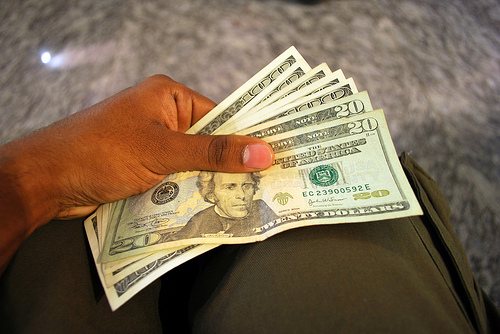

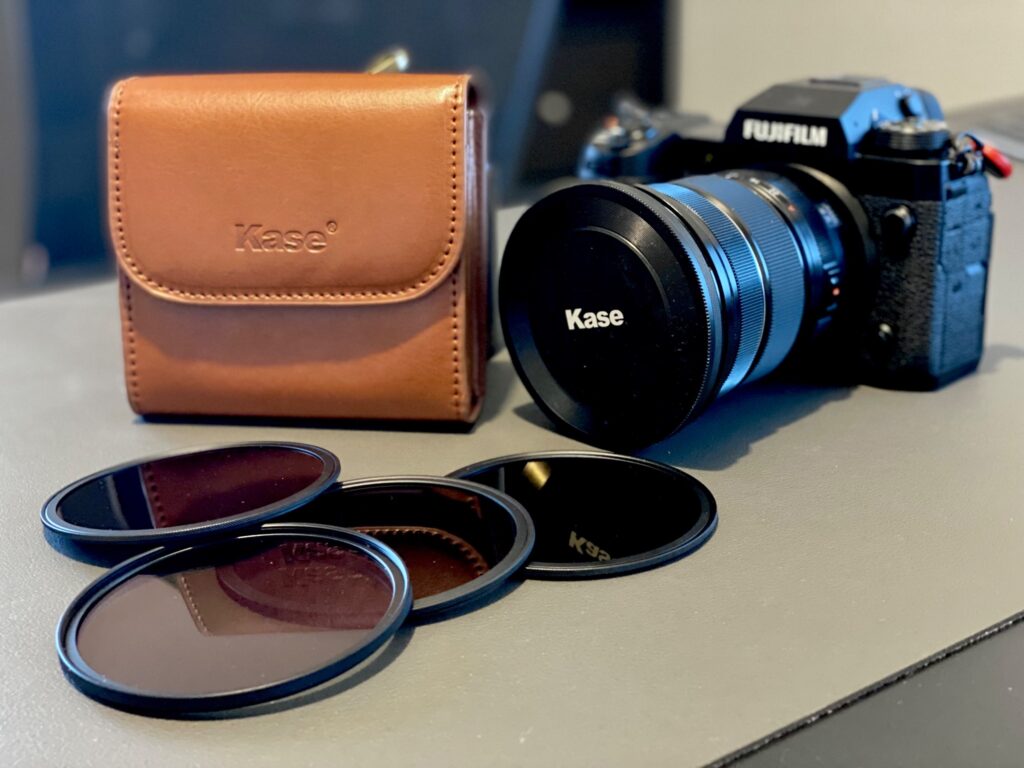
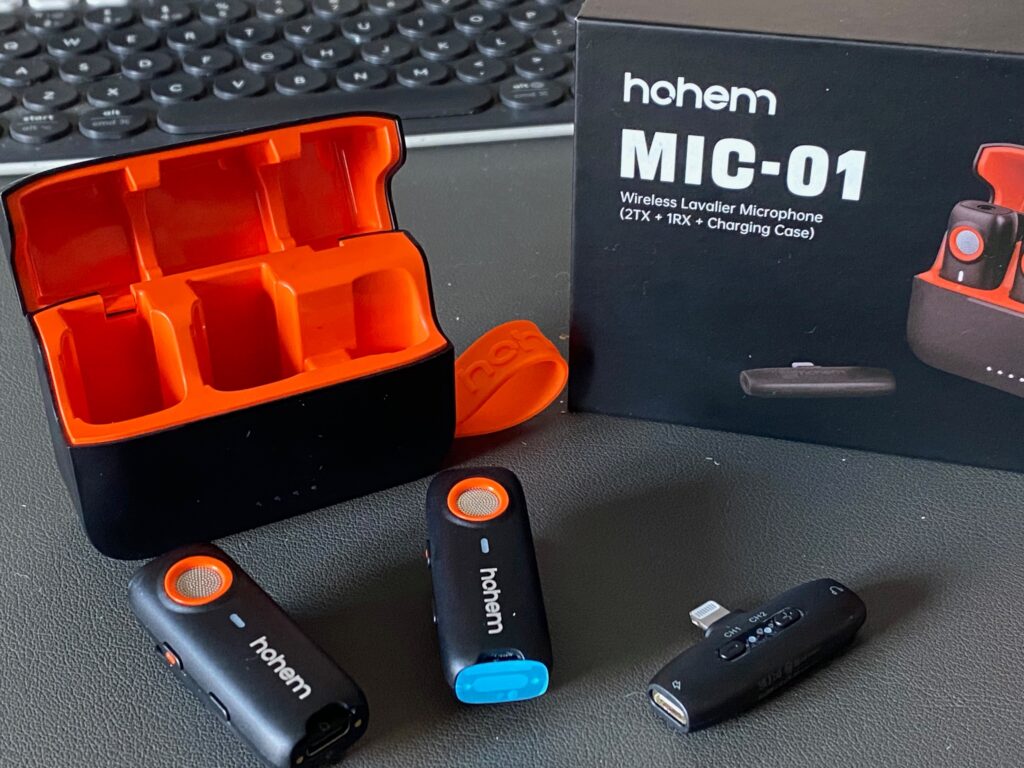
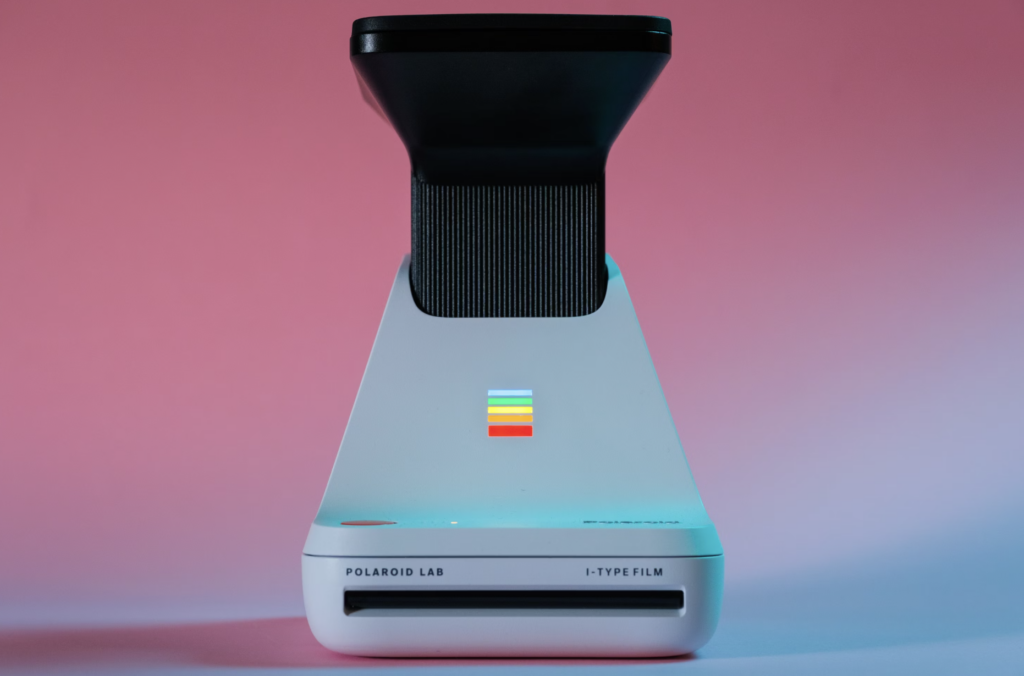
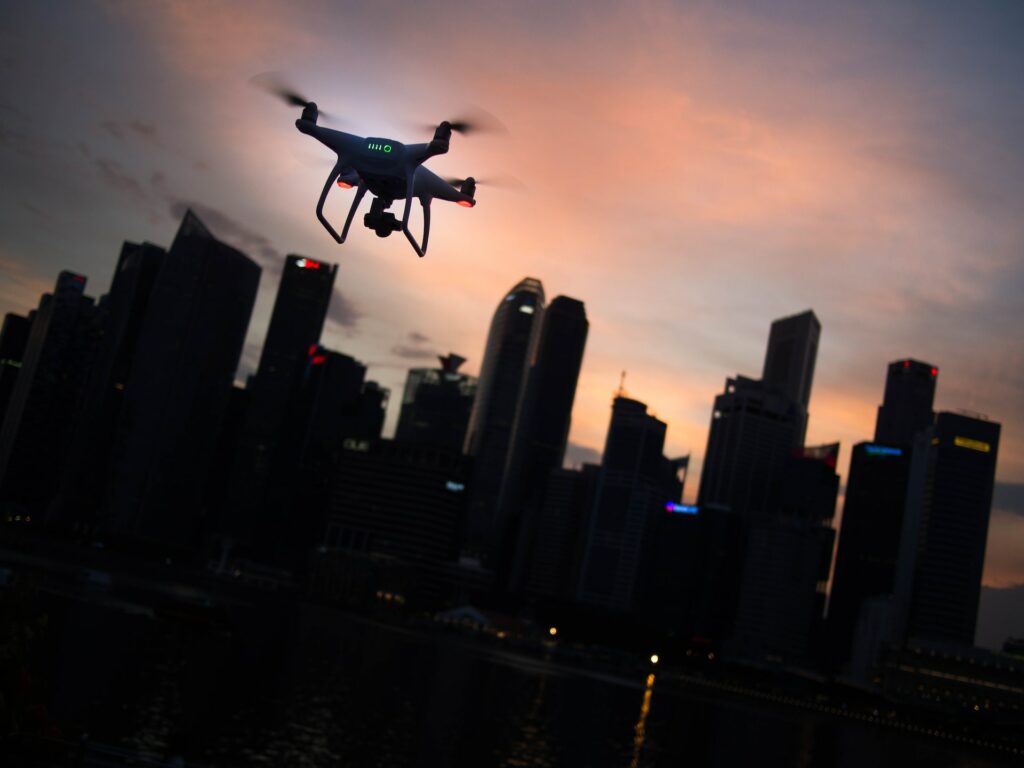
6 Comments
Brilliant points, some of them seems obvious. But to people who has no idea what they’re getting into this will come in very handy. I think this is very important, “Learn. The most important part of photography is how you use your gear” otherwise you will end up with a very expensive dust magnet. Photography is an art and a way of life. If you’re not really planning on getting involved, get a point and shoot. Works well with beginners while testing the waters.
” for almost 1/4 the cost an EOS 50d will do 6.3 frames per second.”
You can buy a Sony A550 for much lesser than EOS 5D too.
Don’t stick on Brands and Brand names are also another good option. Zesis-Sony Filters, Canon branded Lowpro bags, Nikon bags, and there are some examples which some amateurs and brand fanboys waste their money.
Awesome article! Thanks!!!
Another alternative to buying new is buying refurbished gear. They’re a lot cheaper than buying new, have been checked out by the manufacturer, and usually come with a warranty.
Nice article! It does seem like photography and Golf are the two most expensive hobbies you could choose. But I know from experience it doesn’t have to be.
I think the final point you make is the most valuable. Learning the ins and outs of how gear works lets you use it more wisely and only buy new things when you really need them. It can prevent you from being scammed at the camera store too.
One point I would add it that sometimes you don’t need to buy anything to get results. For example, If giant soft boxes and lighting rigs are supposed to mimic window light, why not just use a window? Spend $5 on a piece of white foam and you have a lighting rig that will often give better results than a setup that costs thousands.
Thanks for the article!
For me, I ended up buying a 18-200mm nikon lense that takes the place of a lot of other lenses since it has such a range. I think doing little things like that can really save you some money.
Great tips.